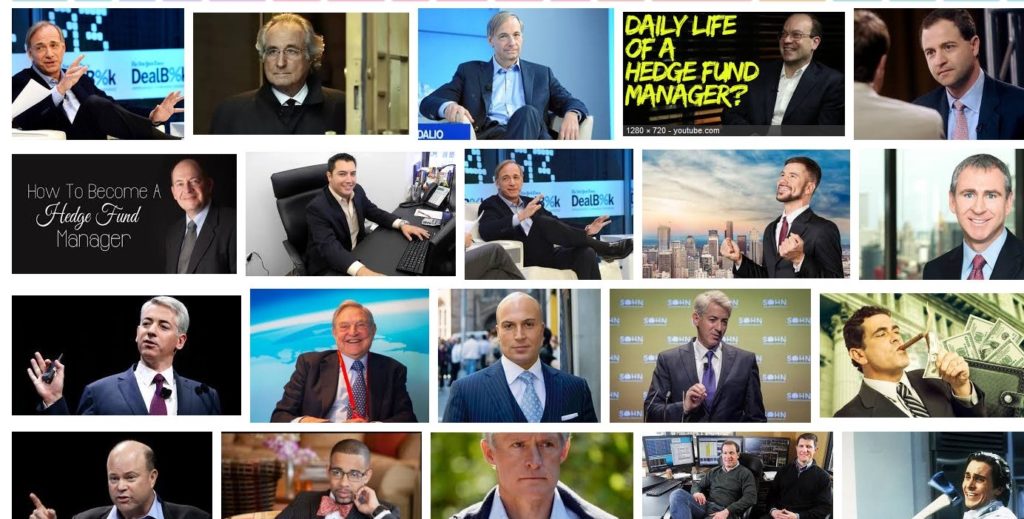
A once-in-a-century pandemic has sparked an unprecedented crisis. With over 167 million cases and 3.5 million deaths recorded worldwide and entire economies in turmoil, the fallout has been felt by all—but unevenly so. Public attention has rightfully focused on curbing COVID-19’s spread and alleviating economic hardship.
But lurking behind the headlines of vaccines and new variants are predatory financial investors whose work has placed many workers at risk and exploited those very vulnerabilities to profit from the pandemic.
In a recent article in American Behavioral Scientist, we examine how the rise of U.S. “shadow banks”—less regulated, private credit intermediaries such as private equity, venture capital, and hedge fund firms—has impacted the course of hardship and inequality during the crisis. These shadow banks play an instrumental role in how executives manage companies, which has important ramifications for societal responses to crises, the wellbeing and livelihoods of workers, and inequality throughout the labor market.
Continue Reading…
